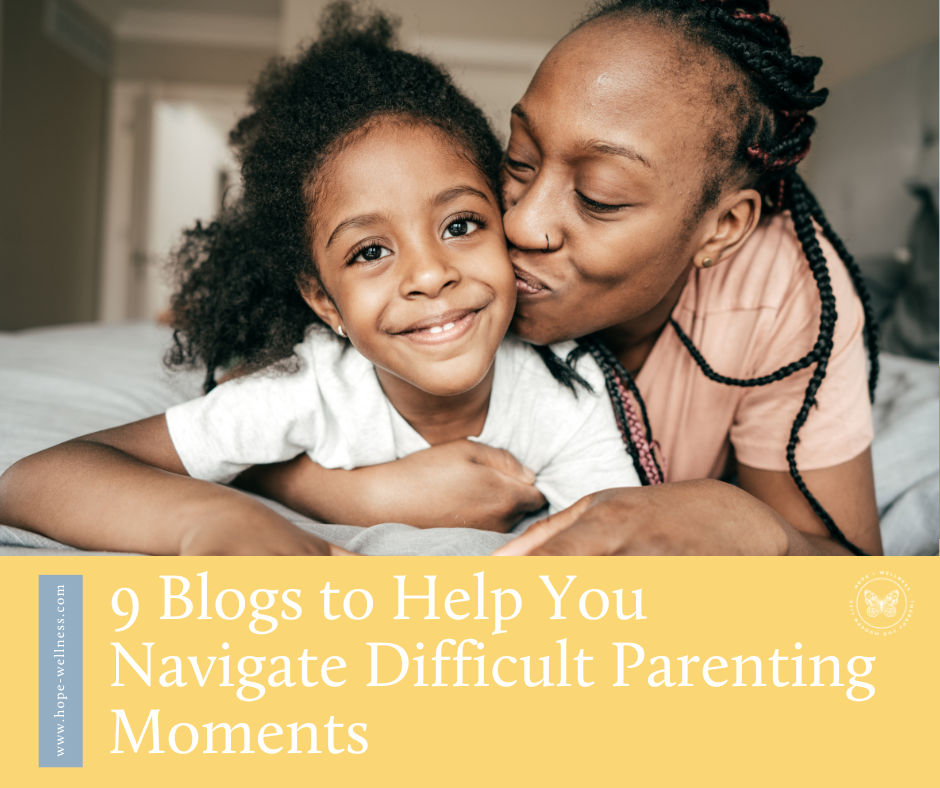3 Ways to Grow from Pain
“The wound is the place where the Light enters you.”
Life is beautiful but it is also hard — painfully so. We lose our loved ones. We try and we fail. We struggle. We experience disappointment. We lose hope.
Suffering is an inevitable part of life, touching each of us in different ways. Some of us may be new to it, struggling to know what to do with the pain in what had otherwise been a quiet, peaceful existence. Others may find themselves more embittered and hardened. When working through darkness, it can be difficult to see how we will ever survive it.
But hope and life again are possible. I know this from my life as a clinical psychologist working with survivors of car accidents, cancer, health crises, and depression. But I also know it from personal experience. The pain is real, but it doesn't have to defeat you. It's not easy, and it may be one of the most challenging seasons of your life to work through, but when you get through it—and you will—it can make you even more strong and beautiful.
The question is, how? How is it that some people experience heartbreak and tragedy and make it out stronger and wiser? How do you transcend the pain and turn it into something good, something whole, something beautiful?
In other words, how do you turn garbage into flowers?
“You are the gardener, and you have in your hands the power to transform garbage into flowers, into fruit, into vegetables... The same thing is true of your happiness and your sorrow. Sorrow, fear, and depression are all a kind of garbage. These bits of garbage are part of real life, and we must look deeply into their nature.”
As Thich Nhat Hanh indicates in the quote above, you have the ability to choose what to do with the pain. Although the pain serves as a catalyst for growth, it itself does not lead to growth. Instead, how we respond to pain an suffering can make all the difference. We must garden and transform it.
1. Embrace it
It's natural to run from the pain and avoid it. But sometimes avoiding and resisting emotions can make them worse. Like a Chinese finger trap, we can get caught in them, and they can intensify.
It can help to spend time reflecting on your emotions and processing the event. What if you turned toward your pain and examined it with compassion and curiosity? What if life can be worth living even with suffering in it? What if multiple things could be true at once—that darkness and light can coexist in life?
2. Find meaning
When we experience difficult times, our fundamental sense of meaning is shattered. Everything we thought we knew has shifted. We may feel as if life is meaningless.
“Those who have a ‘why’ to live, can bear with almost any ‘how’.”
A fundamental aspect of experiencing a difficult, traumatic event then, is making sense of the loss, and working to find meaning and purpose from your pain and suffering. Oftentimes, this search to make sense of the suffering, can lead to significant spiritual growth and strengthened faith. Finding meaning and purpose and reflecting on lessons learned through pain can provide comfort, lead to a greater sense of control, and renewed hope. Participate in activities that bring you joy and solace. Volunteer to help others who may be going through similar journeys.
3. Get support
When going through a difficult time, some of us may want to spend time alone from others. But the opposite — spending time with others who can support you — is important. It's okay to be vulnerable and need others. Let others know how they can help support you. Accept their flowers and meals. Find someone to walk beside you.
It will take time and effort, but over time this storm in your life will pass. There is hope through embracing pain, finding meaning from it, and getting support.
What type of suffering and pain have you been experiencing? What has helped you cope with it? I would love to hear your thoughts. Share your comments here.
----
Cognitive Behavioral Therapy (CBT) in McLean, Falls Church, arlington, and Vienna
Victoria Chialy Smith, PhD is a licensed clinical psychologist providing individual therapy to children, teens, and adults. Our practice provides Cognitive Behavioral Therapy (CBT), mindfulness based therapies, and other premier evidence-based treatments, and serves the Falls Church, McLean, Great Falls, Vienna, Arlington, Alexandria, and the greater Washington DC region. Call, email, or schedule an appointment with us online today. We’re happy to help!










Learning how to ride the waves of grief is like learning how to manage any other intense emotion. It takes time and effort, and often the help of a professional to support you through it.